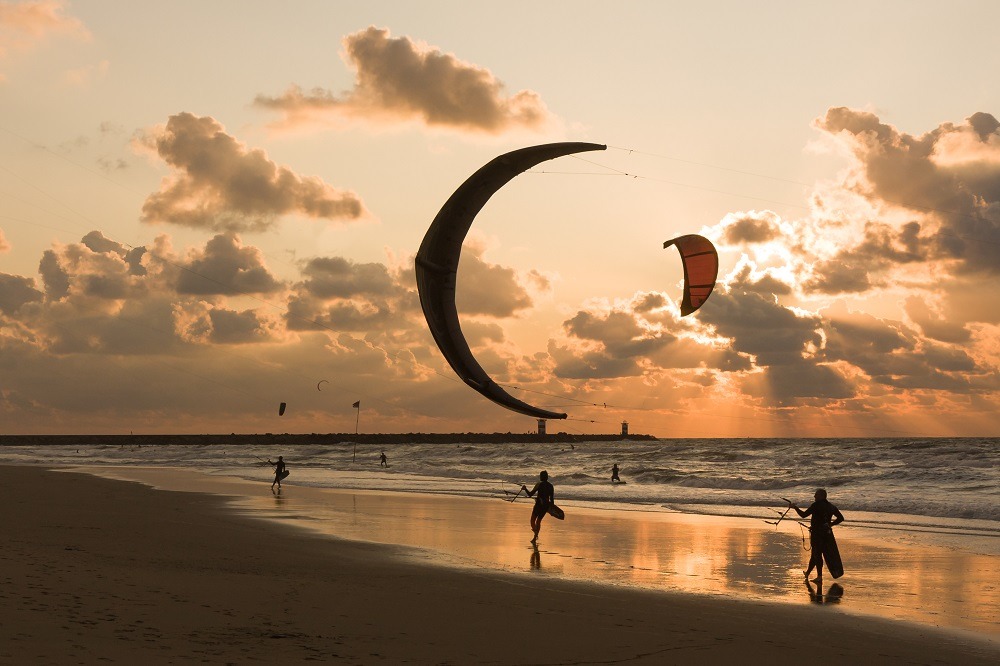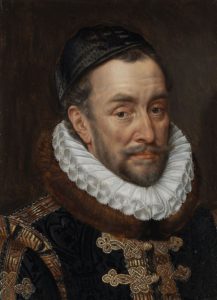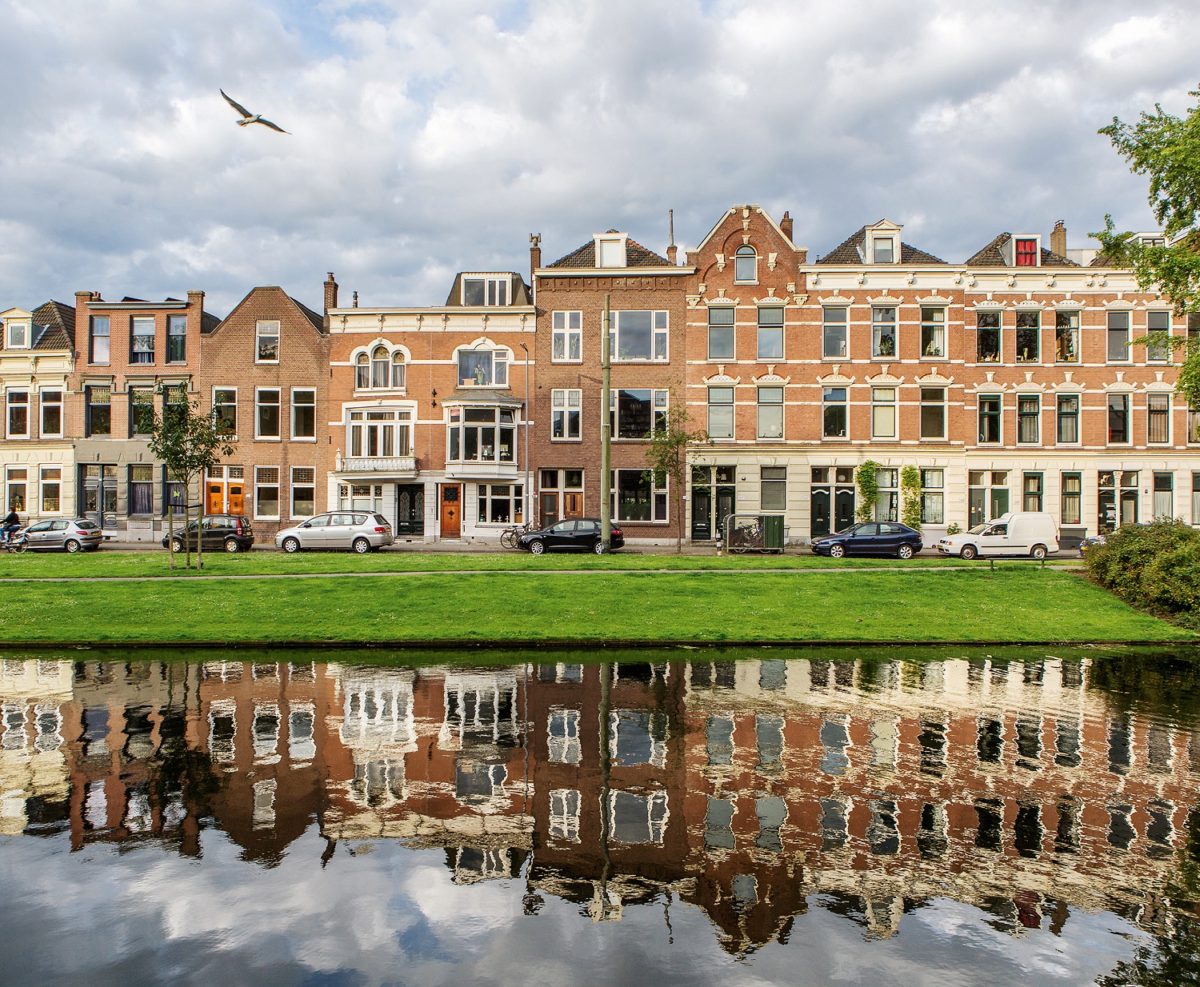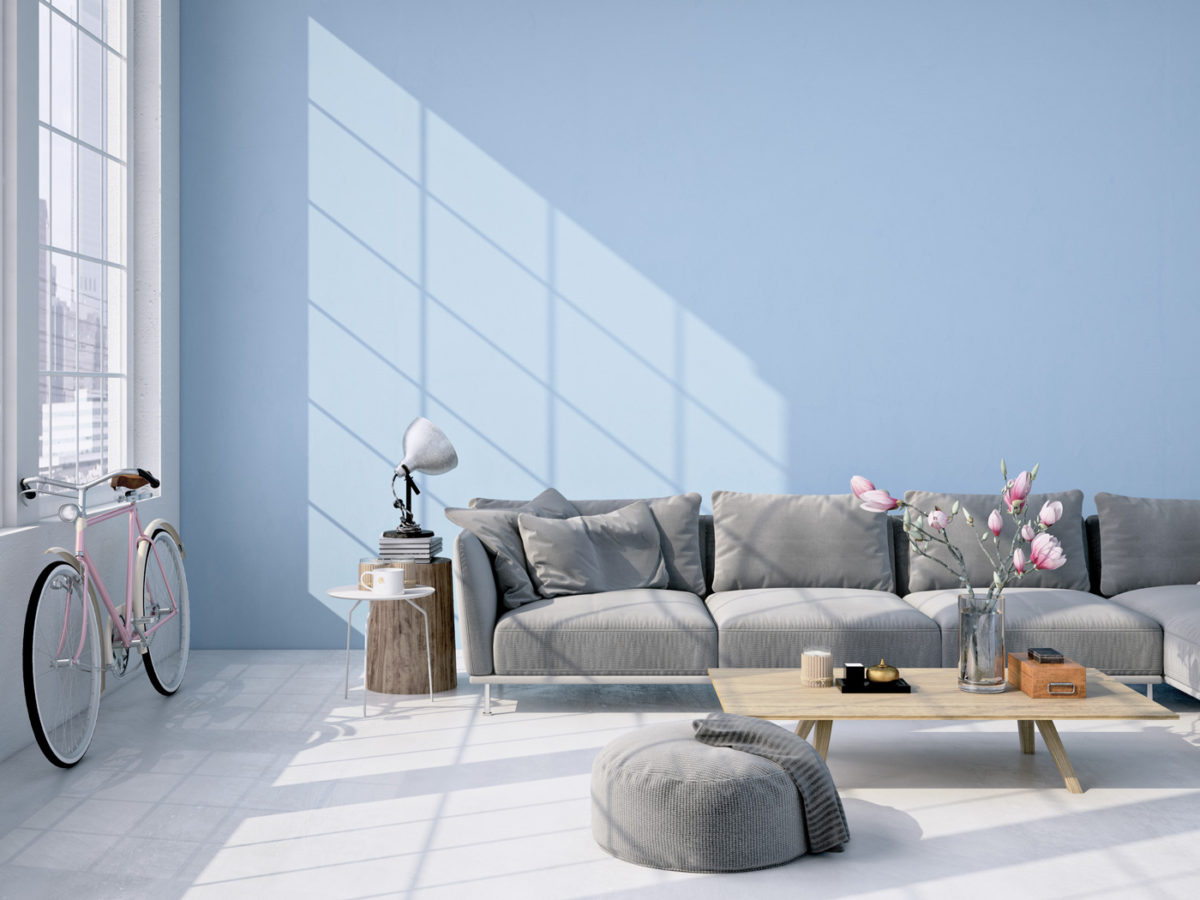A lot of people use the following word to describe the Dutch climate: boring! Over the course of a year, the Netherlands will see a few gloriously fresh winter weeks and balmy summer days… but not very many. For the most part, Dutch weather is mild, damp and windy. This can be difficult to get used to for expats who have moved here from more extreme climes. On this page we will go over a few key features of the Dutch climate. You can learn how the Dutch have taken measures to control their wet weather, and how you yourself can learn to love the Netherlands’ grey days.
The Maritime Climate in NL
Thanks to its location, right on the North Sea, the Netherlands has a temperate maritime climate:
- This means that residents of the Netherlands experience relatively mild winters and summers
- Rain falls all year round in Holland!
- Many Dutch people believe that this also means it rains a lot here, but statistics say differently
- Some sort of precipitation, such as rain, snow or hail, is only happening approximately 7% of the time in NL
- Yearly, this means that there is around 700–800 mm, which translates as 100 minutes of precipitation a day
- So, in reality it just feels as if it is always raining in Holland, because barely a day goes by when the meteorologists can guarantee that it won’t rain
Surviving the Winter Blues in NL
This damp weather might sound very depressing to expats who are accustomed to a lot of sunshine. Here are some steps you can take, to deal with the Dutch Climate:
- Try to accept the Dutch climate as it is, especially in the winter. Constantly wishing for better weather will only get you down. You cannot will the skies to brighten!
- If you can’t stand the idea of a summer without guaranteed sun, maybe this is the ideal time to take a holiday and get your fix of Vitamin D
- Get ‘gezelligheid’ in the winter. There is no exact English translation of this Dutch word. The closest is ‘cozy’. The Christmas season means lights, candles, warm jumpers and hot chocolate! Embrace this, and let it brighten your spirits
- What about January, February and March, when the festivities are over? This is when the winter blues can really set in. If you are not off skiing, this is a good time to light up that sitting room fire and settle down with a good book. Try to think of it as a time for hibernating before the Spring
- Endeavor to see the cold weather as an opportunity to get together with friends. Eat some good hearty Dutch meals and enjoy talking, in the warm, on the dark chilly nights
- Spend a lot of time by the window, and enjoy the famous Dutch light
- One thing you can thank the Dutch climate for is a great appreciation for good weather when it does come about! Bathe in that sun, when it finally shows its face
Measures Against Flooding in NL
The Dutch climate does more than just make its residents feel blue. Along with the Netherlands’ location and low flat land, it poses a real risk of flooding.
The Dutch Delta Works
The most famous measures against flooding in the Netherlands are the Dutch Delta Works:
- They are considered to be a direct response to ‘The Storm of 1953’
- Plans for their construction had, however, been on the table for a while
- They were created to protect the provinces of Zeeland, Zuid-Holland and Noord-Brabant
- Construction started towards the end of the 1960s and was completed in 1986
- Approximately 2.5 billion euros was spent on the project
- They are supposed to reduce the chances of a flood recurring, to just once in every 4,000 years
- The American Society of Civil Engineers have declared these works one of the seven wonders of the modern world
The Dutch Dikes
The Netherlands is as famous for its dikes as it is for it’s climate. Their relocation is another, large-scale measure against flooding in Holland:
- It is intended to broaden the Waal River, which lies North of Nijmegen city center, and the Hollandse Ijsselkering
- It is also designed to protect the lowest part of the Netherlands, which is located 6.76 m below NAP
- On average, water levels cause the two, 480-ton, valves to be lowered into the river three times a year
 Side Note
Side Note
Here’s a little list of Dutch climate stats:
- Average daytime temperature in winter: 2 – 6 ºC
- Average daytime temperature in summer: 17 – 20 ºC
- The winter of 2015–2016 was the warmest in 300 years in the Netherlands, with an average temperature of 9.9 ºC
- Since 1901, dreams of a White Christmas have come true 29 times in Holland
- Since 1910, there have been 61 storms with winds between 90 and 122 km/h
- Between now and 2085, the sea level could rise anywhere between 25 and 85 cm
- An unprecedented record was set on March 8, 2013, when it rained for a solid 24 hours
- The Netherlands enjoys approximately 1,500 hours of sunshine a year
 Recommended reading
Recommended reading
The Dutch and Their Delta – Living Below Sea Level
 Useful links
Useful links
The National knowledge institute for weather, climate and seismology in the Netherlands
Weather forecast:
www.knmi.nl
www.weeronline.nl
www.weerplaza.nl
Rain forecast:





 Tip
Tip 
